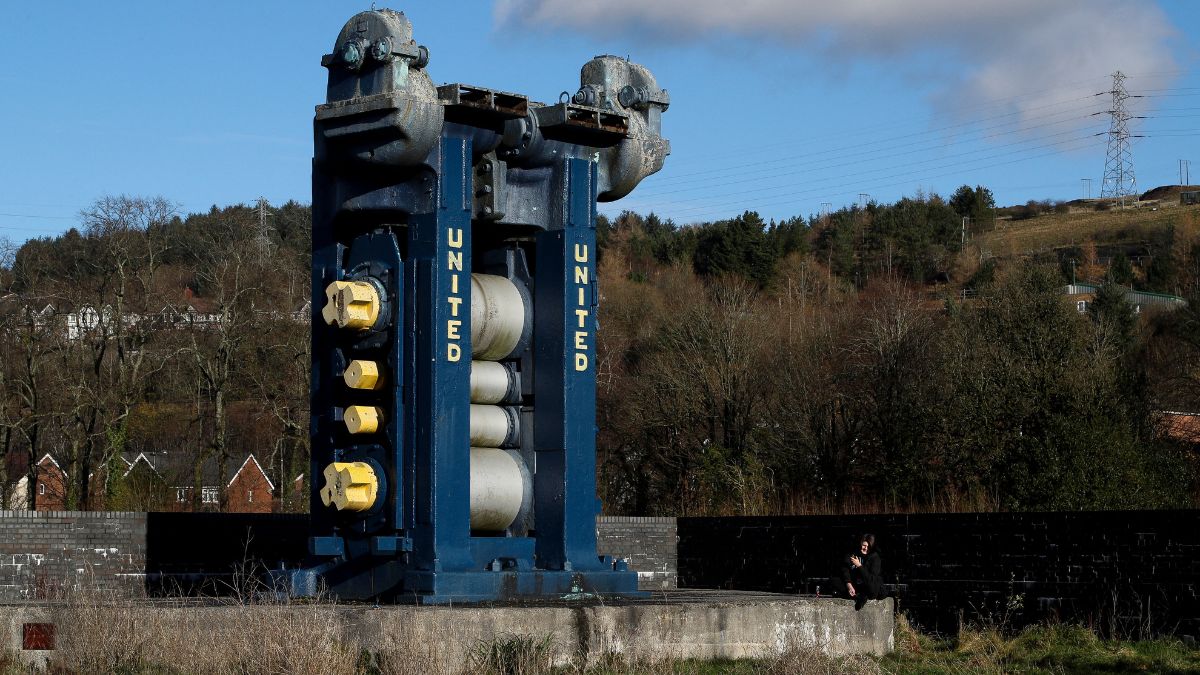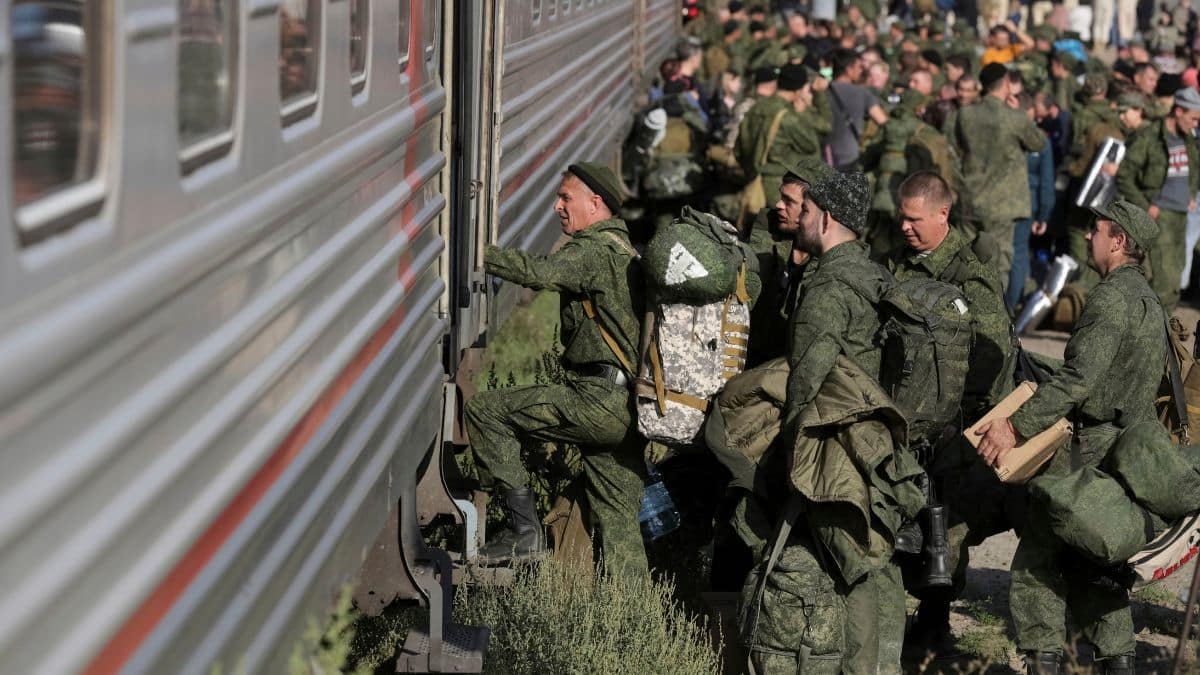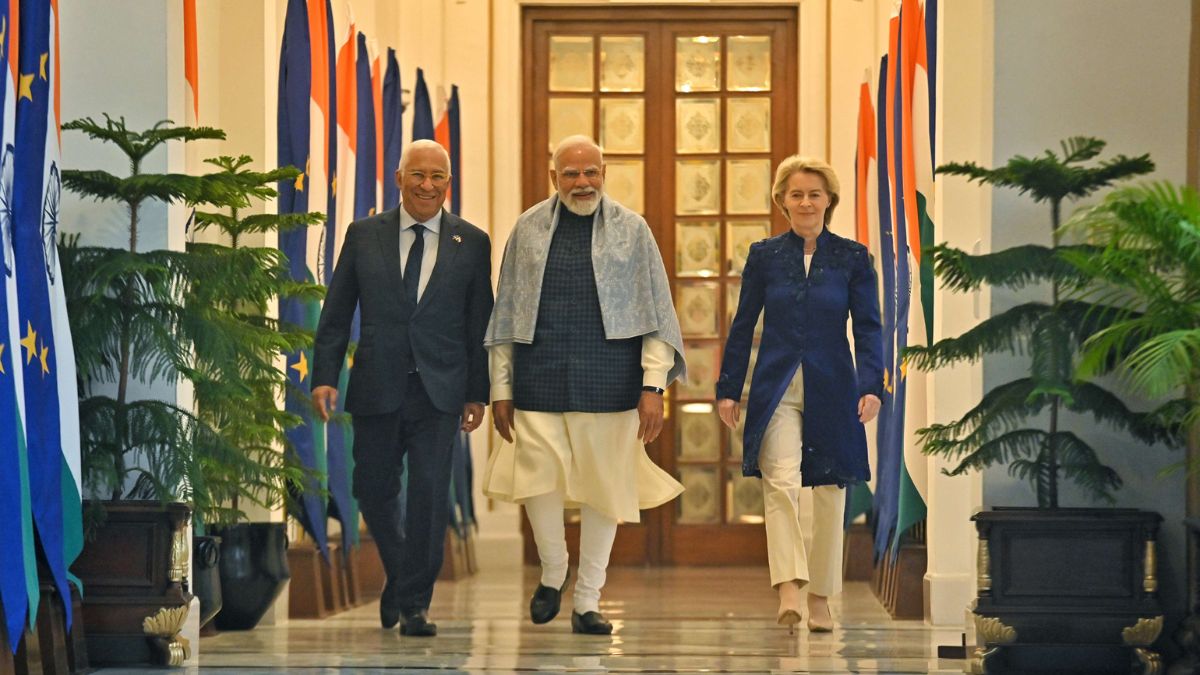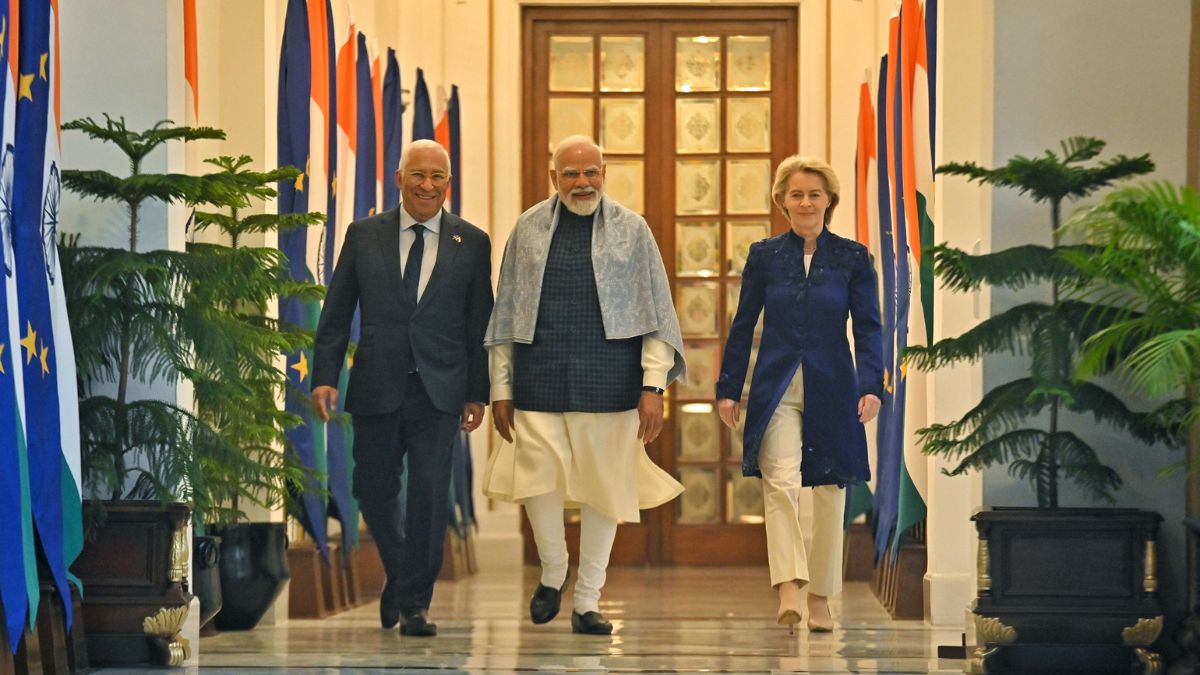The European Union on Wednesday announced reciprocal tariffs against the US metal tariffs where the bloc will impose duties on $28.3 billion worth of American goods.
European Commission President Ursula von der Leyen said, “The countermeasures we take today are strong yet proportionate. We firmly believe that in a world fraught with geo-economic and political uncertainties, it is not in our common interest to burden our economies with such tariffs.”
Just hours after the US government implemented 25 per cent tariffs on steel and aluminium imports, significantly intensifying the trade dispute between two longtime allies, the EU announced plans to consult with member states. The tariffs are expected to be formally adopted by mid-April.
How will Trump tariffs affect EU?
Trump’s second presidency translated into bigger tariffs for the EU, much bigger than what he levied from the bloc during his last term. The fresh duties are nearly four times the size of tariffs the president had imposed in his previous term.
Trump has also unveiled plans for reciprocal tariffs set to take effect in early April, citing trade policies from partner nations—such as Europe’s value-added tax—as barriers to U.S. commerce. The measures specifically target certain products, including European automobiles.
Meanwhile, the European steel market is anticipating a two-fold hit on its products as its exports to the US are expected to fall. A spokesperson for Eurofer, the steel association of the bloc, told Bloomberg, “We can indeed expect the EU market – already saturated with cheap steel imports from Asia, North Africa and the Middle East — to be further flooded as steel intended for the US market is redirected because of the new tariffs.”
How is EU planning to hit back?
The EU plans to impose tariffs on U.S. steel and aluminium products, along with textiles, agricultural goods, and home appliances.
Additionally, the EU will target items from its past trade dispute with Trump, including boats, bourbon, and motorbikes, according to the statement.
Quick Reads
View AllThe bloc’s trade chief, Maros Sefcovic, made a trip to the US last month in hopes of reaching an amicable solution on tariffs with Trump’s team.


)

)
)
)
)
)
)
)
)



